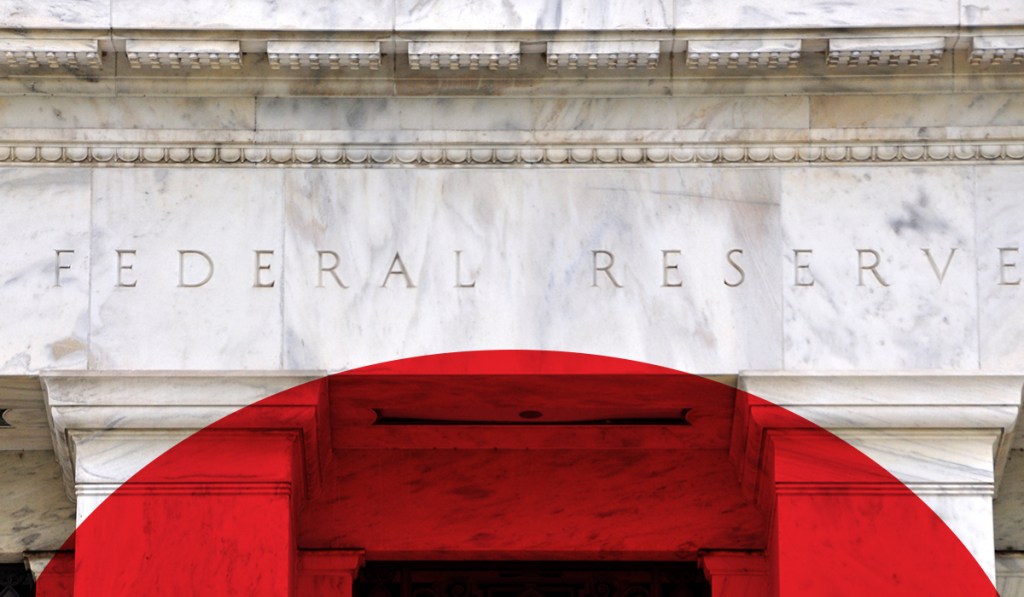Under the latest rumored changes to Basel III regulations, large depository institutions would see residential mortgage capital requirements that far exceed international standards, according to a report by Bloomberg.
The Federal Reserve, Federal Depository Insurance Corporation and the Office of the Comptroller of the Currency, which together regulate large depository banks, are expected to unveil the proposed changes on July 27.
While regulators have said big Wall Street banks might face a 20% average increase in overall capital requirements, mortgage capital standards were not expected to change from the current 50% risk weight on first-lien residential mortgages, Bloomberg reported. But now, under the latest draft proposal, risk weights of 40% to 90% would be assigned for large banks, depending on the loan-to-value ratio, with higher LTV ratio loans receiving higher risk weights, sources told Bloomberg. The regulators want smaller banks to be able to better compete with larger peers, Bloomberg reported.
The proposed risk weights across the board are 20 percentage points higher than those in the Basel III international framework, sources told the outlet.
Residential mortgage-backed securities guaranteed by the government-sponsored enterprises wouldn’t be affected by the change.
Such a move would almost certainly result in a smaller presence in the mortgage market from the country’s largest banks, which have been gradually retreating for years.
Bloomberg reported that U.S. capital requirements would also kick in for banks with at least $100 billion in assets, far lower than the current $250 billion threshold. It would likely further chill jumbo lending by regional banks.
Independent mortgage banks like Rocket Mortgage, United Wholesale Mortgage, loanDepot, Guaranteed Rate and others now have nearly two-thirds of the mortgage pie in the United States, in large part because they don’t deal with such onerous federal regulatory requirements as banks like JPMorgan Chase, Wells Fargo and U.S. Bank.
In a call with analysts last week, JPMorgan Chase Chief Financial Officer Jeremy Barnum said the bank believes the “capital increases are excessive” and he noted that, “all else equal, higher capital requirements definitely are going to increase the cost of credit, which is bad for the economy.”
Regarding mortgage lending, Barnum said it’s a cyclical business and they might pull back even further.
“In the recent past, it’s actually been very profitable, then it was less so. Like the corresponding channel right now is actually picking up a little bit. But it’s a thin-margin business. It’s challenging. And when you increase the capital requirements, it makes it even harder. So, that just becomes one of the areas where you’re in that tension between remixing versus pricing power that we talked about a second ago. And it might, in fact, mean that we do less credit available for homeowners and more regulatory risk as the activity moves outside the perimeter.”






